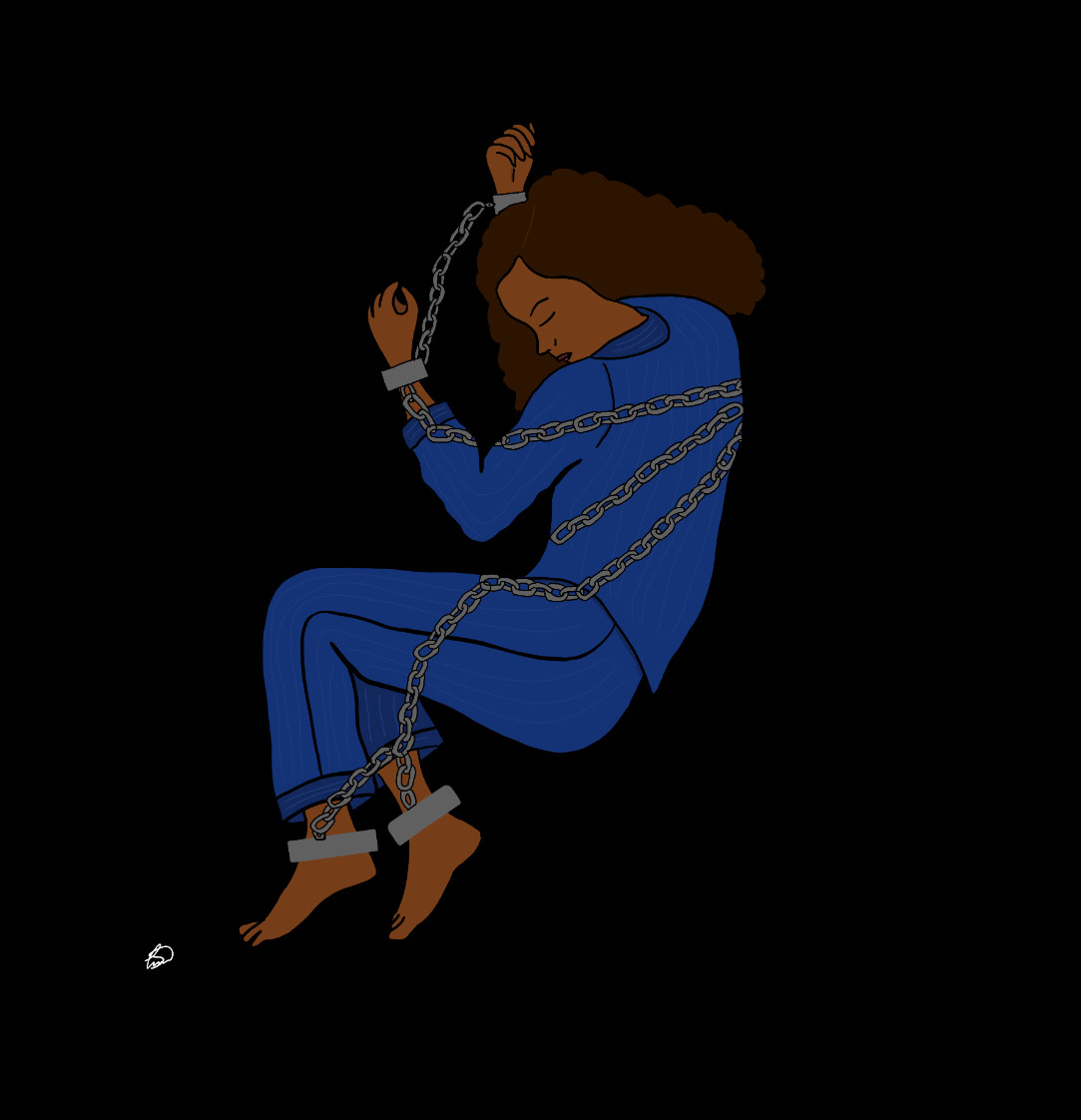It is undoubtedly easy to turn on your cell phone, tablet, or laptop, and once hooked, never turn it off for a while. One may find themselves opening an app like TikTok for the simple intention of being on the app for 10 minutes and then finding themselves scrolling for hours.
Screen time refers to the time a person spends looking at a screen on a device such as a television, smartphone, computer, or game console. There has been plenty of research done on screen time and mental health. Results indicate both positive and negative outcomes. Many studies show the link between excessive screen time and mental health effects such as depression, anxiety, and brain fog. Blue light is never good. Positive outcomes include creativity and increased well-being.
During the COVID-19 pandemic, individuals were only permitted to leave home for essentials such as shopping, healthcare, and a bit of exercise. Therefore, during the lockdown period, using devices and social media was the only way for many people to remain connected. Years after the intensive lockdown, individuals are still in the habit of opening their phones for any minor inconvenience. As a result, an outrageous amount of screen time is used.
As a student, it can be hard to manage school, responsibilities and tasks. Students may find themselves turning to their cell phones during school time as well as outside of schools as a way to feel good. Riya Mahendrarajah, a grade 11 student says “ I think notifications definitely tempt me to pick up my phone. Therefore, I am more likely to take breaks even when I don’t need a break, just to check notifications and Instagram stories. I am not happy with my phone’s screen time results.”.
During the chillier seasons, it may be hard for individuals to be outdoors, therefore spending an unhealthy amount of time on screens. Although there may be the immediate gratification of using one’s screen, over time screen use can only make one feel worse about themselves.
Screen time use like anything is manageable. Here are some tips to help stay off screens:
1. Track screen time
Knowing how much time is spent on screens every day or every week can help individuals set goals for themselves. This data can be found in the settings part of Apple and Samsung products.
2. Limit the number of screens
It is not recommended to watch television and have a phone out at the same time.
3. Schedule screen-free breaks
Dedicate 30 minutes to an hour of not being able to look at a screen.
4. Make devices such as a phones less appealing
Setting your phone to a lower brightness and utilizing the Do Not Disturb function can be very helpful.
5. Performing other essential tasks such as cooking or studying
This may serve as a distraction from devices and aid in completing necessary tasks a lot quicker.
6. Switch off before bed
A good night’s sleep is an essential part of staying healthy and productive. Too much screen time could lead to impaired sleep due to the light emitted from electronics. Therefore, it is better to quit scrolling at least an hour before sleep time.
Ultimately, with limited use of screen time, individuals can make a positive impact on their health and well-being.








